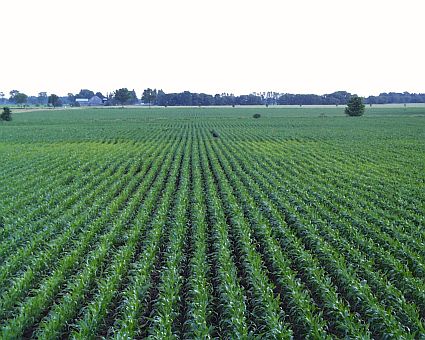
In recent years ethanol is being seen as an alternate to natural petroleum reserves that will sooner or later get extinct. Ethanol holds the promise of a better organic fuel that does not harm the atmosphere as much as its counterparts.
Ethanol production is not that promising though. Researchers and experts are worried that reckless ethanol production will empty underground water tables leading to an environmental catastrophe. Nebraska, the nation’s third-largest ethanol producer took 2 billion gallons of water at 15 different ethanol plants to deliver 676 million gallons of ethanol. Derrel Martin, an irrigation and water resources engineer, stated that roughly 900 billion gallons of rain water falls annually in Lincoln County, which is enough to keep the water tables going.
Some analysts however contradicted the statement made by Martin stating that it takes about 15 gallons of water to produce a single gallon of fuel and if that is added to the amount of water used to cultivate corn crops then the figure rises to 1,700 gallons of water to produce a single gallon of ethanol.
This has resulted in the reduction in the levels of ground water to dangerously low levels in some states including Missouri. The amount of water used to manufacture a single gallon of ethanol makes the production unsustainable and there is no use compensating water for the production of ethanol.
Another issue that has risen with the production of ethanol is the price of corn. There are 19% more acres of irrigated corn this year across the country, including about a million more corn irrigated acres in Nebraska.
Such studies show that even ethanol cannot be the fuel of the future. Electricity holds much better prospects but the cost and the hardware requirements for electrifying machines are not that great either.
Via: ENN




